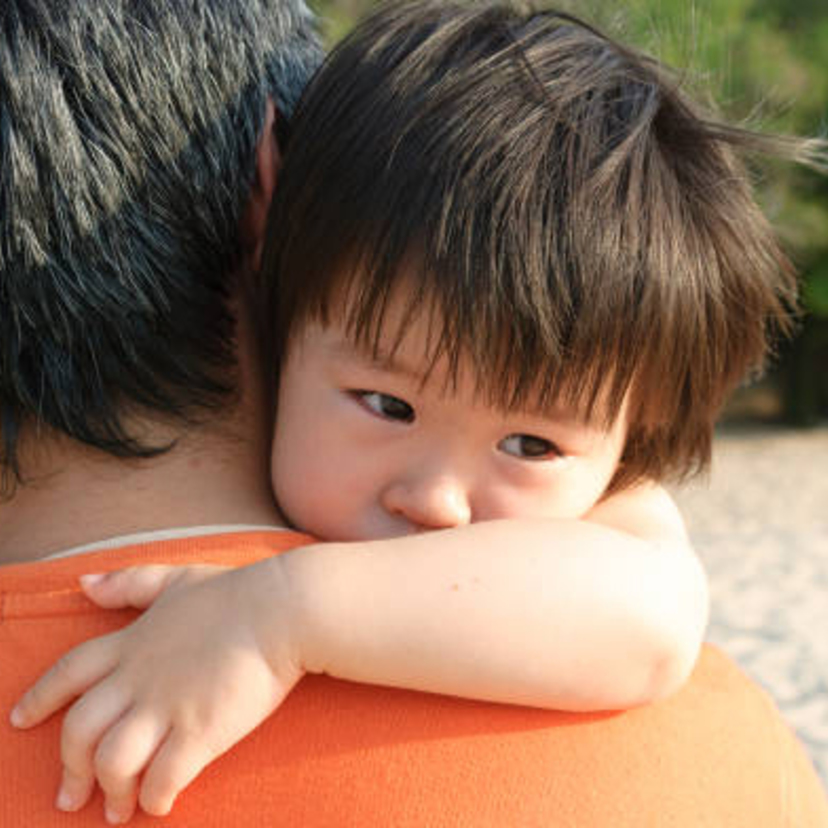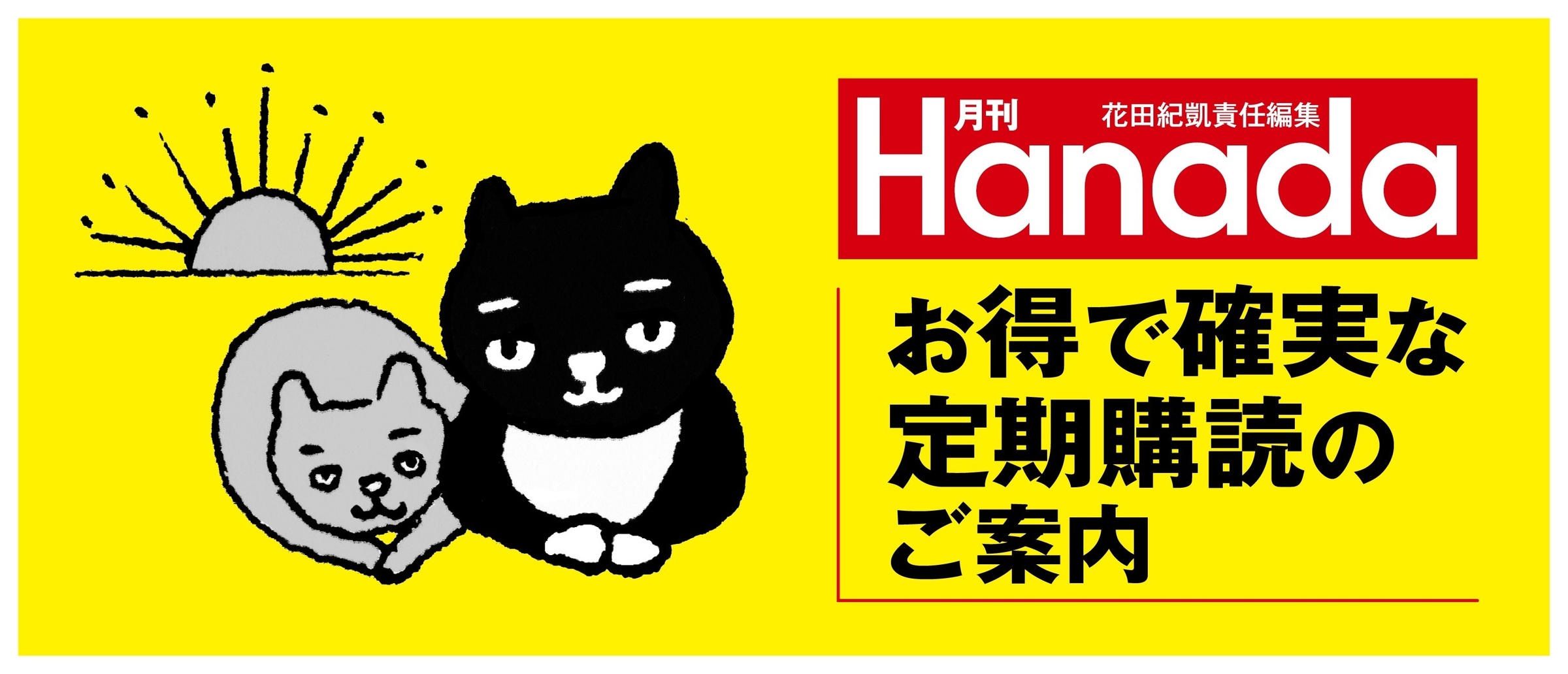Three-piece tool set for false domestic violence claims
The three types of evidence presented by Shibaike are the three-piece tool set used by these so-called human rights lawyers in directing the fabrication of false domestic violence evidence for use in Japan. Medical certificates can be utilised when there is a diagnosis such as stomach ache caused by stress. The fact that a woman stayed at a shelter can be admitted as evidence of domestic violence in Japanese courts. The fact that a woman consulted with the police or the Women's Counseling Center can also be used as evidence. With these three points, even if no domestic violence has taken place, it is possible to provide satisfactory 'evidence' and Japanese courts will take this as proof. In other words, what Shibaike wants to say is that if you abduct your child to Japan according to his directions, you need not return the children by taking advantage of the Implementation Act which provides domestic violence the grounds for refusing to return the child and the Japanese courts which treat the false domestic violence claim as a fact.
In 2011, child abduction by Japanese was reported on the ABC broadcaster in the United States of America. In the program, an email sent from a Japanese wife, who abducted a child and returned to Japan, to her American husband was shown. The email proudly says, "Now it's time to start this game by Japanese rules." This particular email was sent before Japan ratified the Hague Convention, but the situation remains almost unchanged today. In other words, despite the fact that Japan has ratified the Hague Convention, it is still just as possible to abduct a child under Japanese rules as it was before joining the Hague Convention. Indeed, as Shibaike says, this is "the characteristic of the Japanese court and of the Hague case in Japan." And, as was written in the email above, this is a game for the child abductors and the so-called human rights lawyers who support them. And it is the children who end up being the ultimate victims of those who enjoy this game.
Who killed the Hague?
The history of the establishment of the Implementation Act that waters down the Hague Convention was clarified in an article in the Komei Shimbun (the newspaper of Komeito party) on May 9, 2014. The title of this article is "How did Komeito party play when the Implementation Act of the Hague Convention was legislated? – we added the clause to enhance the support of domestic violence victims while keeping the interest of children.” The article describes the activities of Kanae Yamamoto, a Diet member and former official of the Ministry of Foreign Affairs.
The article says, "The Komeito party resolved matters relating to the provisions of the Hague Convention in the process of legislating the Implementation Act of the convention when concluding the convention. The Komeito party discussed and quelled the anxiety of those who were afraid of concluding the convention such as domestic violence victims one by one through the legislative discussion. The Komeito party asserted to ensure the effectiveness of the provision of the refusal of the child in case of “a grave risk that his or her return would expose the child to physical or psychological harm." It was incorporated in the Implementation Act as a result of repeated negotiations with Japanese government.”
It should be noted, in this article, that Seiko Hijikata, a representative of the NPO All Japan Women's Shelter Network expressed her gratitude for the Komeito party which did its best to water down the Hague Convention at the time of legislating the Implementation Act. Hijikata was mentioned in an article titled "Darkness of child abduction business" in the May edition of the journal HANADA this year as being sued for defamation because she distributed a false domestic violence flyer. In the article, Hijikata says "At that time when the plan was announced to conclude the Hague Convention, we did not have enough opportunity to express our opinion." Certainly the Hague Convention was ratified even though Hijikata and her comrades protested against it.
The Hague Cautious Association was formed when the Japanese government was about to sign the Hague Convention. Looking at the members of this group, we can see not only the members of the All Japan Women's Shelter Network, but also the other people who are mentioned in the above-mentioned HANADA article as also having been accused of defamation, such as Chiiko Akaishi and lawyer Masao Honda. There is also the name of Chizuko Ueno, who was a professor of Yuki Senda in her student days. Senda is also a defendant in the defamation case.



